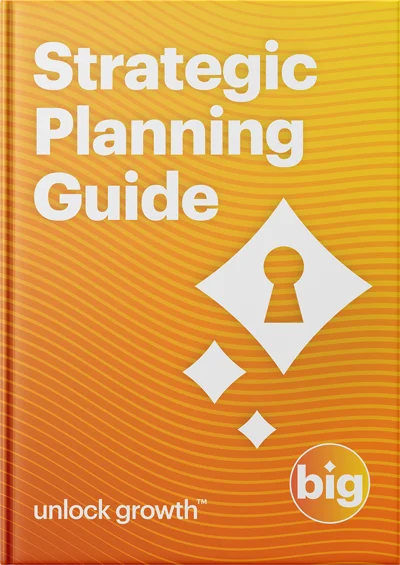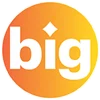Unlock BIG Growth
Berkeley Insights Group unlocks BIG change with strategic planning
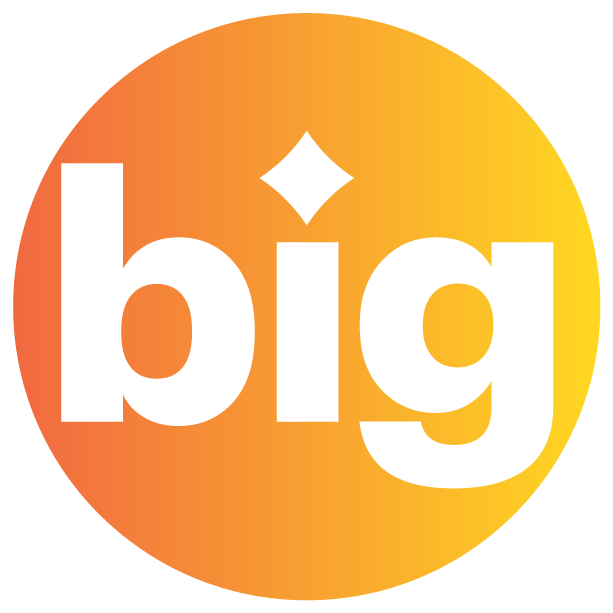
Our BIG Mission
Embed Sustainable
Growth
BIG’s mission is to co-create strategic plans embraced by your stakeholders and adaptable to market forces.
Grab the key
Unlock your organization’s potential by developing a scalable, adaptable strategic plan in service to your North Star.
Spark growth
Strategic planning requires a shared understanding of the current state, alignment on the way forward, and sustainable actions to ensure continued progress.
Strategic Planning
An overview of our services:
- AI Integration and Optimization
- Operational Excellence
- Financial Performance
- Technology Strategy and Implementation
- People and Talent Management
- Brand Strategy and Development
- Analyze
- Align
- Ascend
AI Integration and Optimization
- Bespoke AI Strategies: Bespoke AI Strategies: Bold AI visions tailored to your distinct culture and strategic priorities.
- Agile AI Implementation: Phased integration responsive to real-time feedback.
- Sustainable AI Adoption and Ethics: Foster a culture of continuous learning to sustain enduring, ethical adoption.
Operational Excellence
- Operational Efficiency: Mapping your value streams to find waste and optimize material flows.
- Optimized Throughput: Analyzing supply chains to improve output quality and reduce costs.
- Strategic Expansion Planning: Leveraging data-driven insights to uncover M&A and organic expansion opportunities.
Financial Performance
- A Financial Physical: Explore existing revenue and cost structures to redefine profitability.
- Multi-discipline Approach: Balancing localized, innovative responses with centralized financial guardrails.
- Sustainable Profitability: Uncovering marginal revenue strengthens budgeting models and increases cash flows.
Technology Strategy and Implementation
- Digital Transformation: Holistic digital change - spanning strategic visioning, cultural integration, and data-driven delivery.
- Balanced Technology Integration: Striking the optimal balance between transformational vision and pragmatic delivery.
- Embedded Innovation and Upskilling: Enduring digital transformation by equipping your workforce with future-ready knowledge and skills.
People and Talent Management
- People-centric Strategies: Aligning organizational culture and employee experience for change management initiatives that stick.
- Technology Upskilling and Readiness: Conveying each employee’s role in achieving the updated corporate strategy.
- Strategic Alignment and Culture Transformation: Optimize talent processes, workforces, and cultures to a growth mindset.
Brand Strategy and Development
- Redefine Brand Architecture: Informing current brand perceptions and visual identity systems for global brand alignment.
- Enhance Brand Loyalty: Uncover customer insights to create personalized, omnichannel brand experiences.
- Culture and Values Embedding: Leverage a singular voice to communicate your core values and drive brand loyalty.
Our Services
AI Integration and Optimization
Operational Excellence
Financial Performance
Technology Strategy and Implementation
People and Talent Management
Brand Strategy and Development
Our Partners
We create BIG results for private, public and government institutions.
Publicly-Traded Companies
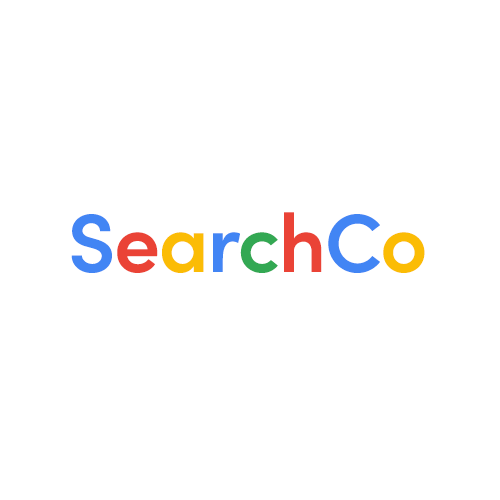
Technology
SearchCo
- Creating an Innovation Funnel
- Built a clear process to evaluate employee-led innovations.
- SearchCo viewed innovations to their data centers as engineering-led projects focused on incremental improvements for internal customers; whereas the customer was the external Cloud user with unique KPIs that required a production-led solution.

Health
GE Health
- Customer-focused B2B Sales
- Aggregated voice-of-customer to increase share-of-wallet.
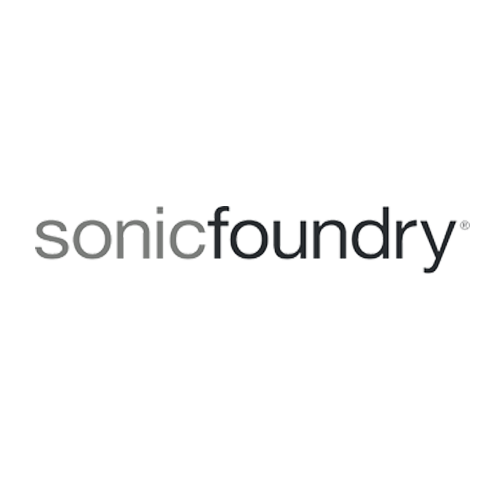
Education
Sonic Foundry
- Responding to disruption Increasing value to remote employees of client companies.
- Sonic Foundry realized a new, user-centered line of business within 12 weeks
Private Companies
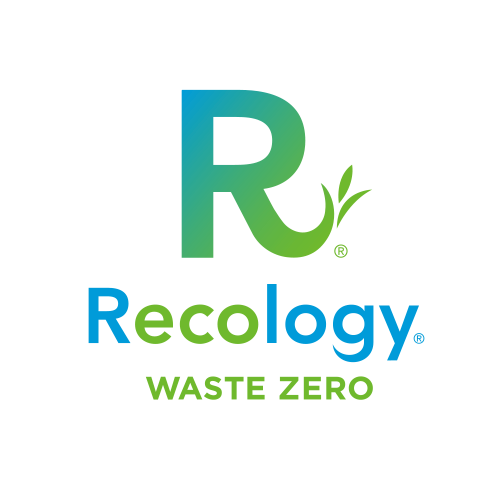
Environment
WasteCo
- Identifying Operational Efficiencies
- Driving Sustainable Profitability
- Defining five-year strategy

Tech, Healthcare
Hummin’
- Designing during a Crisis
- Created a platform of real-time clinician wellbeing data.

Sports
Oakland A’s
- Reframed customers orthodoxies Identified a new revenue model
- Identified a new revenue model
- Reimagined customer experience
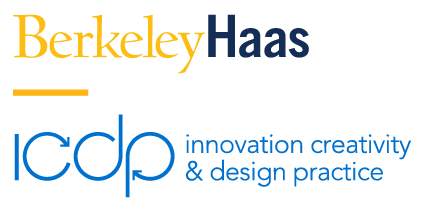
Strategic Educators
As instructors of Design Thinking at UC Berkeley Haas School of Business, we combine our applied innovation curriculum with our expertise in strategy work to unlock BIG change.
Our Team
Meet The
Changemakers
Jeff Eyet
Jeff skillfully blends empathy, insight, and pragmatism to drive innovation in the corporate world and academia. As the Managing Partner of The Berkeley Innovation Group, he specializes in crafting five-year strategic plans for mid-market companies to navigate complex landscapes and achieve sustainable growth. At BerkeleyHaas, Jeff draws on his rich consulting experience to stimulate students’ curiosity, open new spectrums of possibilities, and direct them toward unexpected yet innovative solutions. Beyond the classroom and boardroom, Jeff serves as a mentor to a diverse range of talent—from budding student entrepreneurs to ambitious founders and seasoned executives.
He holds an MBA from UC Berkeley’s Haas School of Business and a Bachelor of Science in Finance from the University of Maryland, College Park.
Clark Kellogg
Clark is a curious soul who brings an unending passion for creativity to his Design Thinking practice. He has led consulting engagements with corporations, non-profits, governments, and universities in North America, Latin America, Asia, and Europe. He has twice completed a 365-days of art challenge.
Have a question for BIG?
BIG Answers
